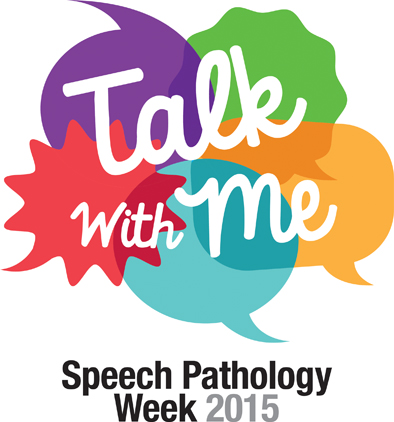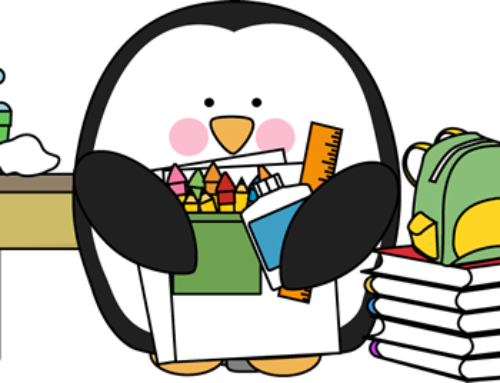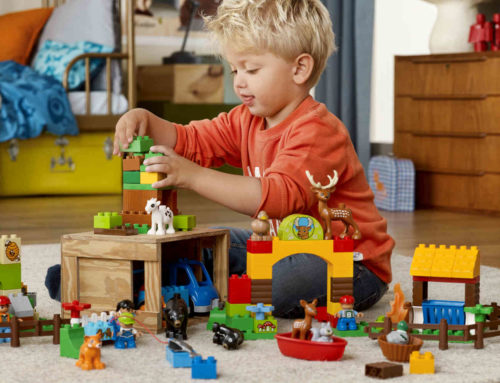It’s Speech Pathology Week (23-29 August, 2015) and this years’ theme is Talk with me.
Every day more than 1.1 million Australians have difficulty communicating.
A recent Senate Inquiry highlighted that communication disorders are more prevalent or on-par with the number of people with diabetes and three times the number of those with dementia. Both of these conditions are national health priorities and attract significant attention and resourcing. Communication disorders, however, are largely invisible.
Communication is a basic human right. Each year Speech Pathology Australia hosts Speech Pathology Week to make Australians more aware of those in our community who have a speech or swallowing difficulty.
Unfortunately many people do not realise the extent of communication disorders in our community. Such disorders contribute to poor educational outcomes, reduced employment opportunities and an increased likelihood of social, emotional and mental health issues.
Three in every 1,000 newborns have hearing loss, which without intervention can affect their speech, language and literacy.
Around 13,000 Australians use electronic communication aids to get their message across, while 20 per cent of four year olds have difficulty understanding or using language.
But speech disorders don’t just affect the young. At least 30 per cent of people post-stroke suffer loss of language, with 85 per cent of those with Parkinson’s disease having voice, speech and/or swallowing difficulties.
These are the challenges that confront speech pathologists every day.
Speech pathologists work with people who have difficulty communicating because of developmental delays, stroke, brain injuries, learning disability, intellectual disability, cerebral palsy and hearing loss, as well as other problems that can affect speech, language and communication.
Speech pathologists work in a wide range of settings – schools, hospitals, nursing homes, universities, kindergartens, rehabilitation centres, community health centres, private practice and mental health services.
This Speech Pathology Week, give a voice to those with a communication disorder and help end their silence #SPweek #Talkwithme
For more information about Speech Pathology Week visit www.speechpathologyaustralia.org.au
At Modern Speechie we are striving to raise awareness about children’s speech and language development. Help us spread the message by sharing this information with your family and friends, so that we can all play our part in helping children be the best communicators they can be!
Here are some of our previous posts that may interest you…
10 red flags of speech and language development
Communication Development in Preschoolers
Language Impairment – the “Hidden” learning disability
Children’s speech sound development – Phonological Development






